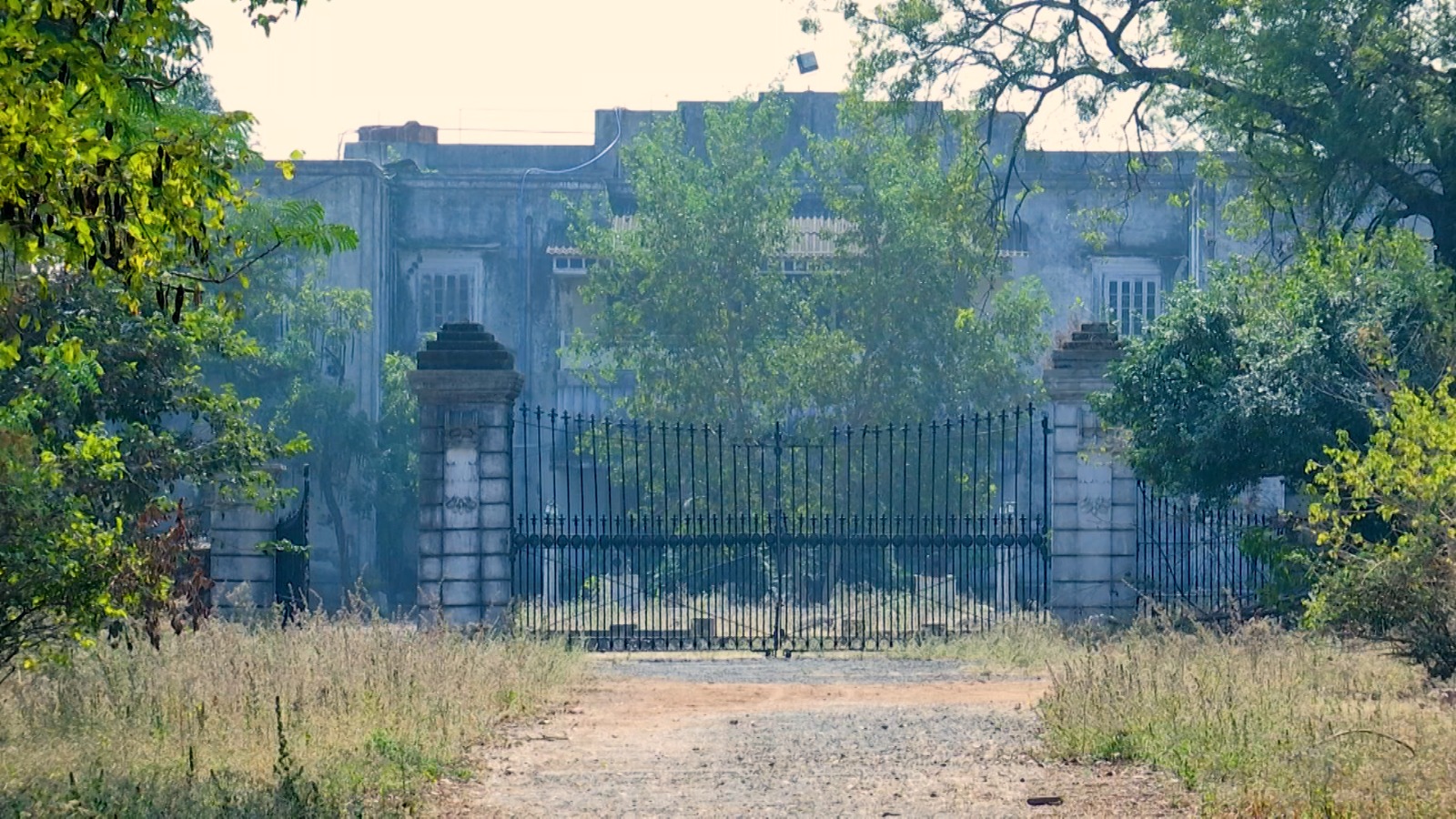
- Madhya Pradesh High Court set aside 2000 trial court judgment in Nawab of Bhopal estate case
- Trial court had relied on overruled Allahabad High Court precedent in Talat Fatima Hasan case
- Appellants include Nawab's descendants like Sharmila Tagore and Saif Ali Khan
In a major judicial development concerning one of Bhopal's most protracted royal property disputes, the Madhya Pradesh High Court has set aside a two-decade-old trial court judgment and ordered a fresh hearing in the celebrated case involving the descendants of the erstwhile Nawab of Bhopal, late Mohammad Hamidullah Khan.
A single bench of Justice Sanjay Dwivedi, delivering the verdict on first appeals, ruled that the civil suits pertaining to the division of the Nawab's estate were erroneously dismissed by the District Court, Bhopal, in 2000.
The trial court had based its ruling on a now over-ruled precedent laid down by the Allahabad High Court in the Talat Fatima Hasan case. The appellants, comprising multiple family members including noted celluloid figure Sharmila Tagore, Saif Ali Khan and his sister.
Two civil suits were filed in 1999 seeking partition, possession, and a proper accounting of the ancestral estate that includes an expansive list of properties across categories.
They contended that, upon Nawab Hamidullah Khan's death in 1960, the properties -- asserted to be his personal holdings -- should have devolved upon his heirs under Muslim Personal Law, and not solely upon his daughter, Begum Sajida Sultan.

However, the Government of India had, through a letter dated January 10, 1962, recognised Sajida Sultan as the sole successor, citing the Bhopal Merger Agreement of 1949 and provisions under Article 366(22) of the Constitution.
The defence argued that under the law of primogeniture and terms of the merger, the ruler's private properties passed entirely to the appointed successor of the Gaddi - not to be divided amongst heirs.
The High Court has now found fault with the trial court's heavy reliance on the Allahabad judgment, which the Supreme Court explicitly overturned in 2020, affirming that private property of erstwhile rulers must be treated under personal succession laws and not merely as political inheritance.
Given the "outdated legal basis" of the original ruling and the nature of the dispute, which hinges on familial succession and claims over significant immovable property, the High Court invoked its powers under Order 14 Rule 23A of the Civil Procedure Code to remand the matter back for retrial.
Acknowledging the long pendency of the case - originally filed more than two decades ago - the Court urged the lower court to expedite proceedings and ideally conclude the trial within one year.
The judgment signals a renewed legal battle over the legacy and wealth of one of India's most storied princely houses, where tradition, law, and lineage continue to intersect in complex and often contested ways.
(Except for the headline, this story has not been edited by NDTV staff and is published from a syndicated feed.)
Track Latest News Live on NDTV.com and get news updates from India and around the world

